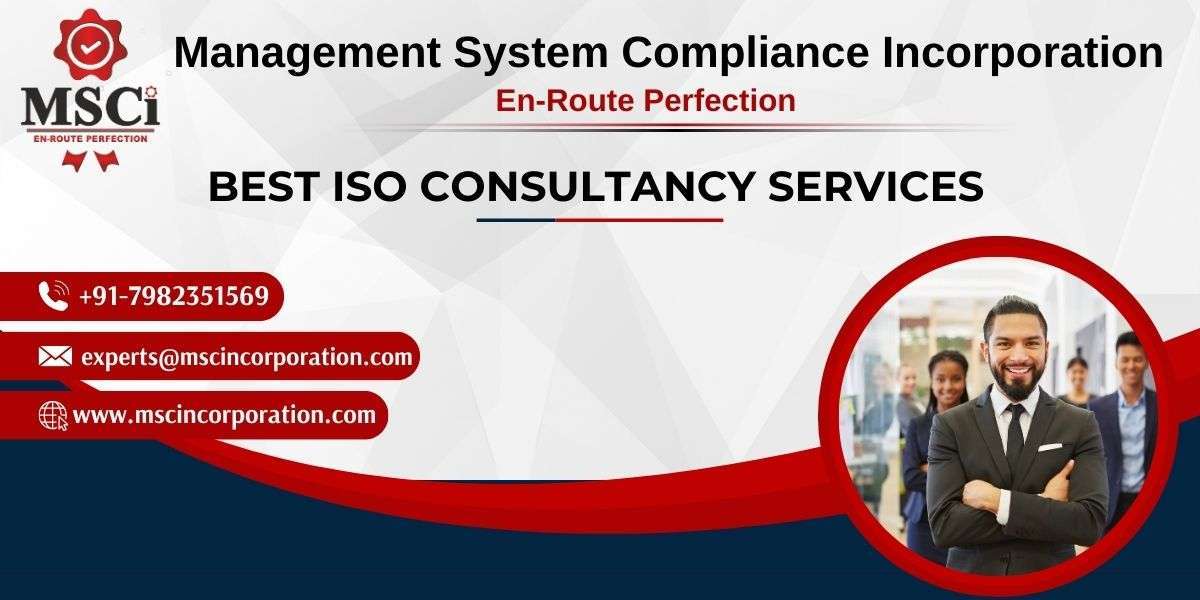Becoming an effective consultant for the International Organization for Standardization (ISO) requires a diverse set of skills and competencies. These include both technical knowledge related to ISO standards and soft skills for effective client interaction and project management. Here are the key skills needed:
Technical skills:
1. Knowledge of ISO Standards:
Deep understanding of various ISO standards (e.g., ISO 9001, ISO 14001, ISO 27001).
Awareness of the requirements and guidelines of these standards.
3. Quality Management Systems (QMS):
Expertise in designing, implementing, and auditing QMS.
Familiarity with principles of quality management and continuous improvement.
4. Industry-Specific Knowledge:
Understanding of the specific industry in which the client operates to provide relevant and tailored advice.
5. Auditing Skills:
Proficiency in conducting internal and external audits.
Ability to identify non-conformities and recommend corrective actions.
Analytical Skills:
1. Gap Analysis:
Capability to assess the current state of an organization’s processes against ISO standards.
Skill in identifying gaps and areas for improvement.
2. Problem-Solving:
Strong problem-solving abilities to address compliance issues and implement effective solutions.
Innovative thinking to suggest process improvements.
Project Management Skills:
1. Planning and Organization:
Excellent organizational skills to manage multiple projects and deadlines.
Ability to develop detailed implementation plans and track progress.
2. Attention to Detail:
Meticulous attention to detail to ensure all documentation and processes meet ISO requirements.
Communication Skills:
1. Training and Education:
Ability to effectively train and educate staff at all levels about ISO standards and compliance requirements.
Good public speaking and presentation skills.
2. Interpersonal Skills:
Strong interpersonal skills to build rapport with clients and work collaboratively with various stakeholders.
Effective negotiation and conflict resolution abilities.
3. Written Communication:
Proficiency in writing clear and concise documentation, reports, and manuals.
Personal Attributes:
1. Adaptability:
Flexibility to adapt to different organizational cultures and industry requirements.
Ability to handle changing project scopes and timelines.
2. Critical Thinking:
Strong critical thinking skills to evaluate processes and suggest improvements.
3. Ethical Judgment:
High ethical standards to ensure integrity and trustworthiness in consulting practices.
Experience and Qualifications:
1. Relevant Experience:
Practical experience in implementing and auditing ISO standards.
Experience in quality management, process improvement, or a related field.
2. Certifications:
Relevant certifications, such as Certified ISO 9001 Lead Auditor, can enhance credibility and demonstrate expertise.
Technology Skills:
IT Proficiency:
Familiarity with software tools used for managing documentation and audits.
Understanding of information security principles, especially for standards like ISO 27001.
By combining these technical, analytical, managerial, and interpersonal skills, a trusted ISO consultant can effectively guide organizations through the process of achieving and maintaining ISO certification, ensuring compliance, and driving continuous improvement.







